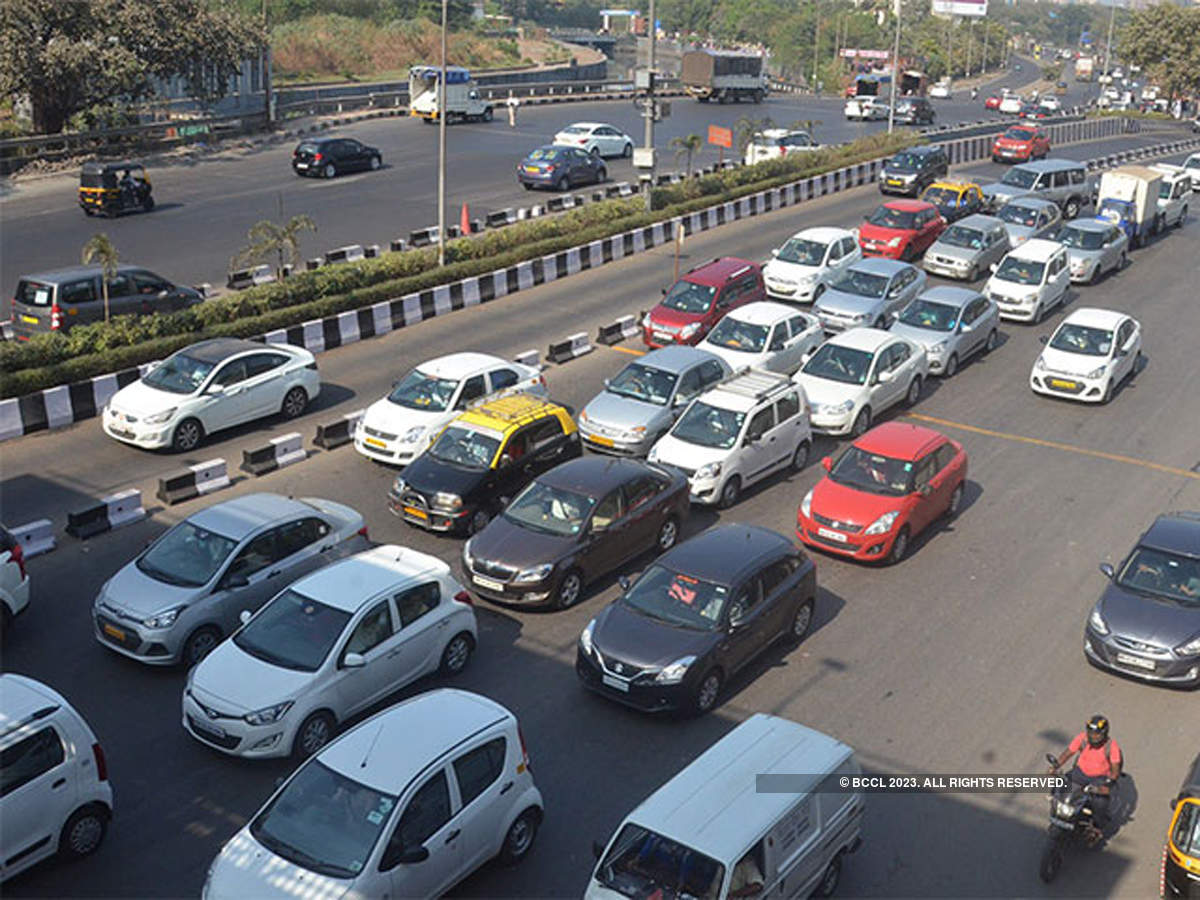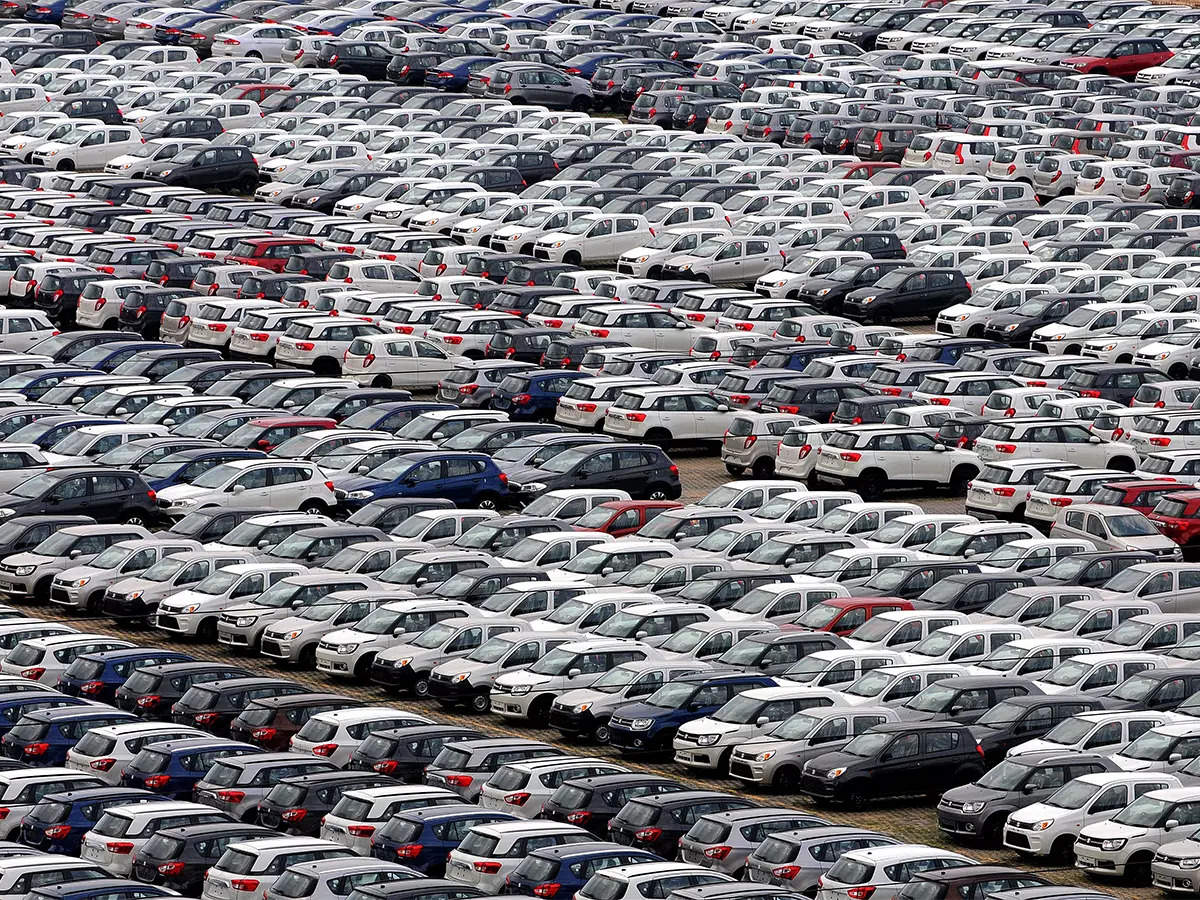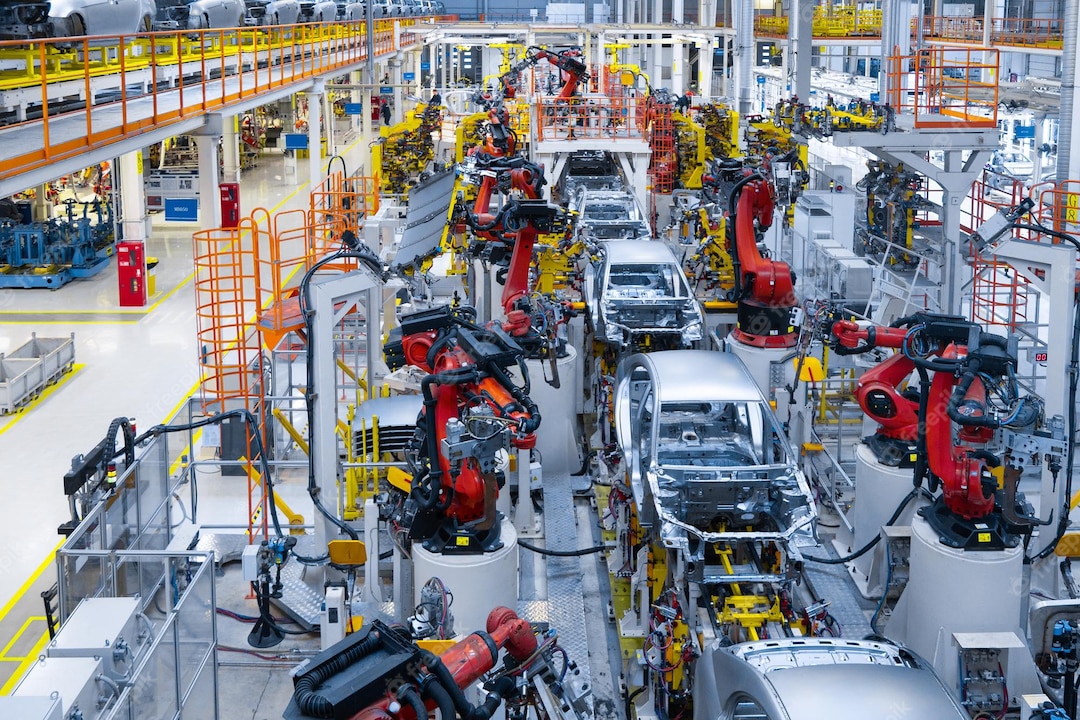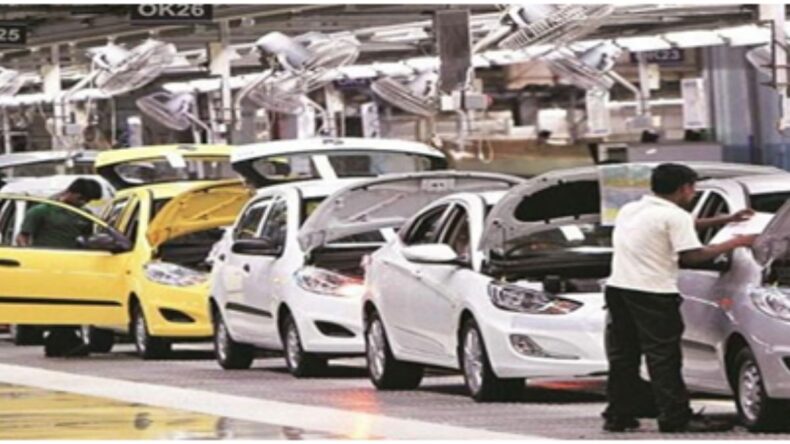The Society of Indian Automobile Manufacturers (SIAM) recently released data showing that domestic passenger vehicle wholesales in India saw a 2% increase in June compared to the same month last year. Additionally, the data revealed a positive trend for the first quarter of the fiscal year 2024, with a 9% rise in sales. These numbers indicate a gradual recovery for the Indian automotive industry following the challenges posed by the COVID-19 pandemic.

Steady Recovery Signals Positive Growth
The 2% increase in domestic passenger vehicle wholesales in June signifies a promising step forward for the Indian automotive sector. After experiencing a severe downturn due to the pandemic, the industry has been steadily recovering over the past few months. This upward trend can be attributed to multiple factors, such as pent-up demand, easing of lockdown restrictions, and a more favourable economic environment.
One of the key drivers behind the increased sales is the growing preference for personal mobility. With concerns over public transportation and a renewed focus on safety, many individuals are opting to purchase their vehicles. This shift in consumer behaviour has significantly contributed to the recovery of the passenger vehicle segment.
Furthermore, the 9% rise in sales during the first quarter of the fiscal year is an encouraging sign for the industry. It indicates that the recovery is not merely a short-term rebound but rather a sustained growth trajectory. The quarter’s performance demonstrates the resilience of the automotive sector and reinforces the positive sentiment in the market.

Government Initiatives Boosting Demand
The Indian government has played a crucial role in stimulating the automotive industry through various initiatives. One notable measure is the implementation of the Vehicle Scrappage Policy. This policy aims to phase out older, polluting vehicles and encourage the purchase of new, environment-friendly vehicles. By offering incentives such as discounts on new vehicle purchases and reduced road tax, the government seeks to boost demand and revive the automotive sector.
Additionally, the government has taken steps to improve the availability of finance for vehicle purchases. Banks and financial institutions have been encouraged to offer attractive loan schemes and flexible repayment options, making it easier for consumers to afford new vehicles. These efforts have positively impacted the purchasing power of potential buyers and have further contributed to the rise in domestic passenger vehicle sales.

Challenges Ahead for Sustained Growth
While the recent growth in domestic passenger vehicle wholesales is promising, the industry still faces several challenges that need to be addressed for sustained growth. One significant hurdle is the global semiconductor shortage, which has severely impacted the production of vehicles worldwide. The drought has resulted in delayed deliveries and increased costs, which could hinder the industry’s recovery.
Additionally, rising fuel prices pose a challenge to the automotive sector. As fuel costs increase, consumers may hesitate to purchase new vehicles or opt for more fuel-efficient options. This trend could affect the demand for passenger vehicles in the coming months.
Furthermore, the threat of a third wave of COVID-19 infections remains a concern. Any potential lockdowns or restrictions imposed to contain the virus could disrupt production and dampen consumer sentiment. Therefore, the industry needs to remain vigilant and implement appropriate measures to mitigate the impact of the pandemic on the automotive sector.
In conclusion, the 2% increase in domestic passenger vehicle wholesales in June, along with the 9% rise in sales during the first quarter of the fiscal year, demonstrates a gradual recovery for the Indian automotive industry. The positive growth can be attributed to pent-up demand, easing lockdown restrictions, and government initiatives to boost demand. However, challenges such as the semiconductor shortage, rising fuel prices, and the threat of a third wave of COVID-19 infections need to be addressed for sustained growth in the future. With the right strategies and continued government support, the Indian automotive industry can navigate these challenges and strengthen its position in the global market.












